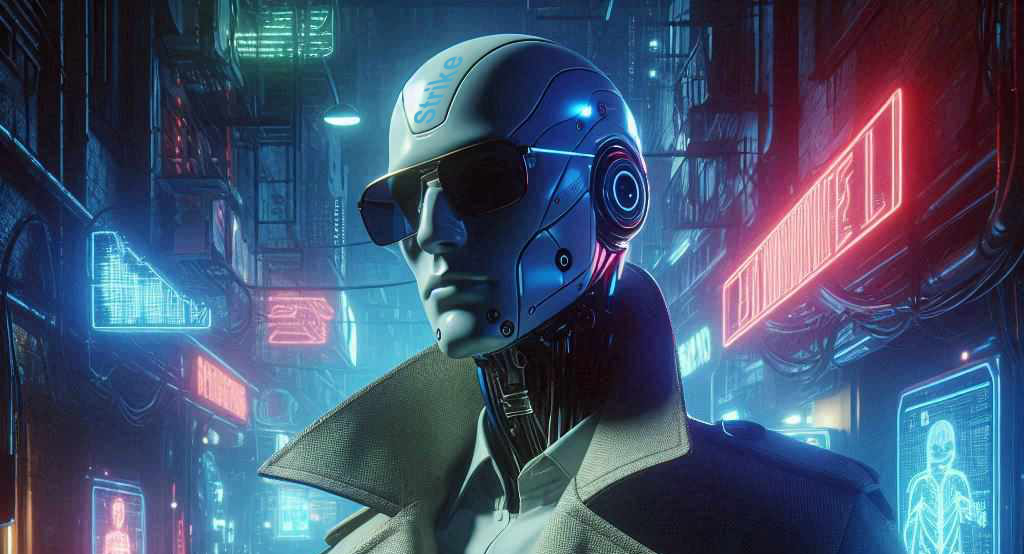By Prasanna Abeysekera The Reality of Single Points of Failure Windows endpoints are the foundation of many IT settings, valued …

GABEY INFORMATION

GABEY INFORMATION
Integrating robots into our daily lives has already assumed a meaningful role, and their capacities are poised to expand further. Robotic systems have found extensive utility across diverse sectors, encompassing manufacturing, healthcare, and customer service domains. Furthermore, these devices are employed within our domestic abodes to fulfil various duties, including but not limited to the facilitation of cleaning and culinary endeavours.

By Prasanna Abeysekera The Reality of Single Points of Failure Windows endpoints are the foundation of many IT settings, valued …

By Prasanna Abeysekera Orbital trash, commonly called space garbage or space debris, encompasses any artificial objects in Earth's orbit …

Over the last two days, more than 1,600 planes flying over Eastern Europe have experienced GPS interference, which is believed to be a deliberate …

Australia is facing significant challenges in the field of cybersecurity, which are among the biggest in the country. These challenges are complex …
+61-3-8088-1173
Melbourne, Australia
Cybersecurity
Software Development
Electronics
Renewable Energy
Artificial Intelligence